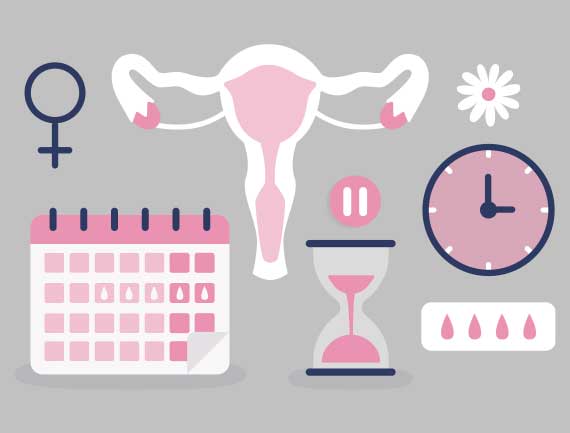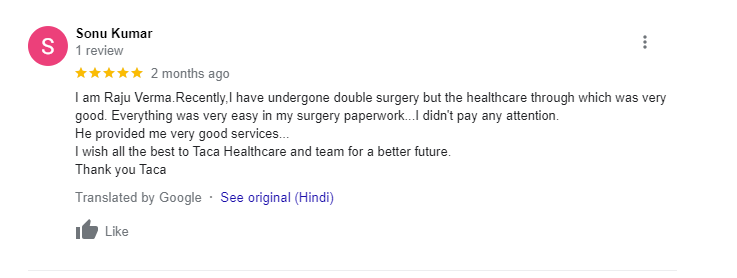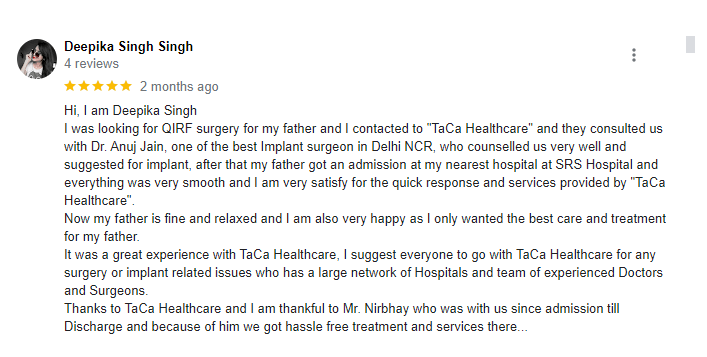Hysterectomy Surgery
A hysterectomy is a procedure to surgically remove the uterus, the womb of a woman. One may need to undergo hysterectomy for various reasons ranging from chronic pain during menstruation, fibroids, infections and cancer.
In most cases, only the uterus is removed but in some cases, the doctor may also remove the ovaries and the fallopian tubes.















